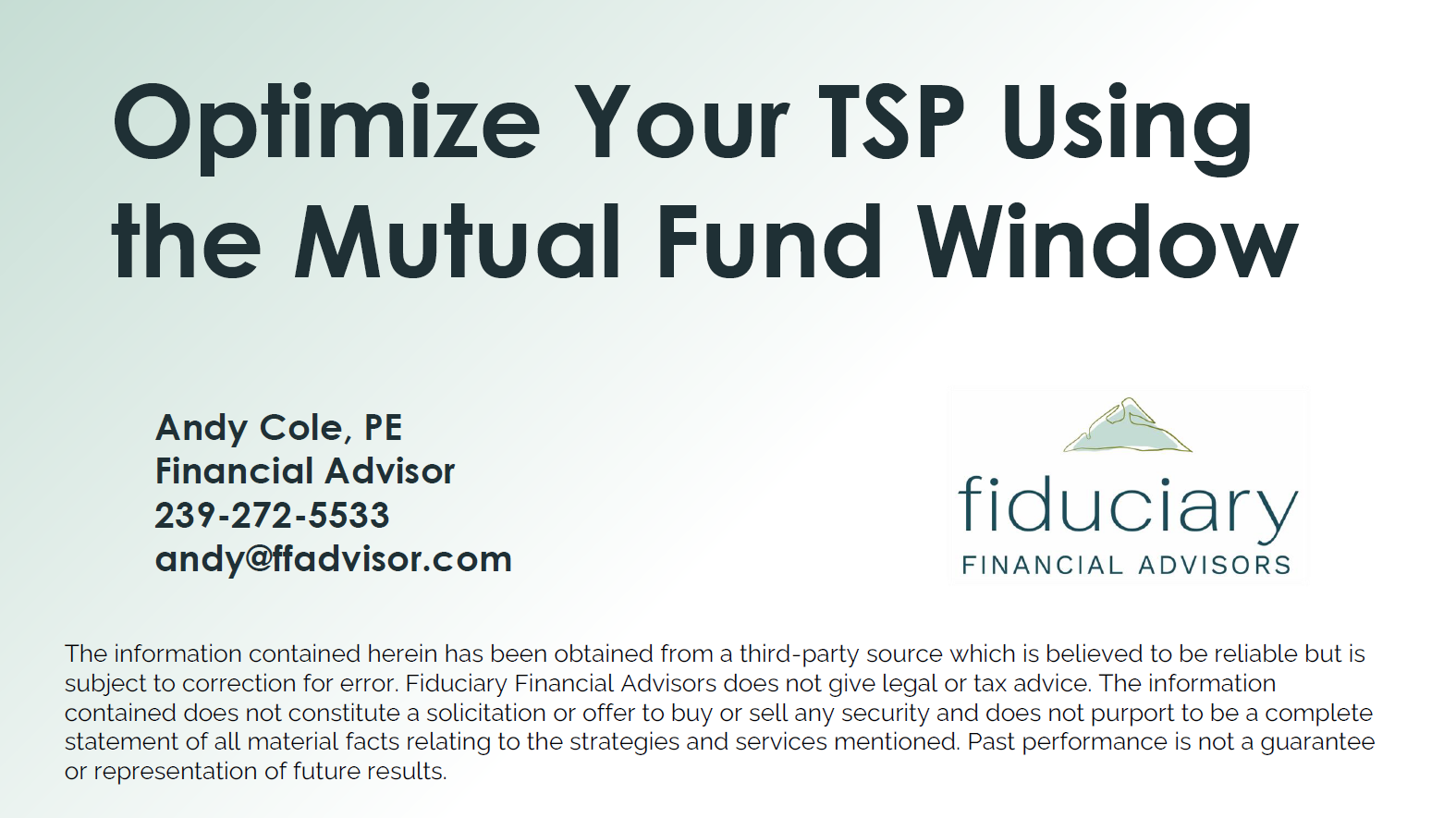Engineers are very familiar with the equation for efficiency:
Efficiency = Output/Input
We want to know we are getting the most productivity out of a system or machine in order to make the best use of resources or energy.
Our investment portfolio should not be any different. We should want to get the most return for the amount of risk we are taking.
In this episode, we take a look at the types of risk we can use as inputs in our investment machine. We will also review the Sharpe ratio, which is the widely used measure for efficiency of investment return and consider how we can go about increasing the Sharpe ratio of our portfolio.
The data included in this video was obtained from Portfolio Visualizer’s Asset Class Allocation tool found here.









